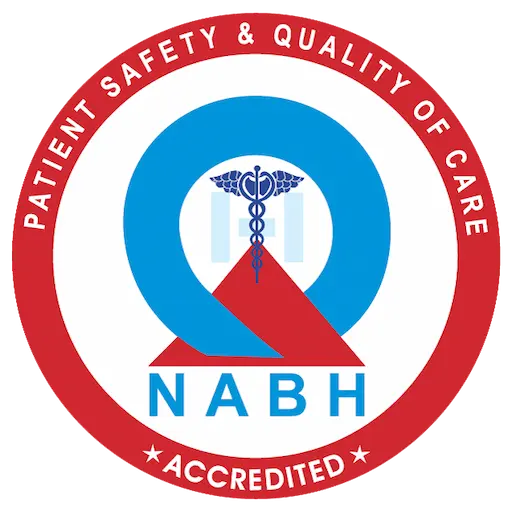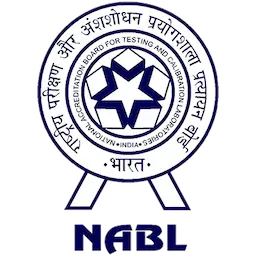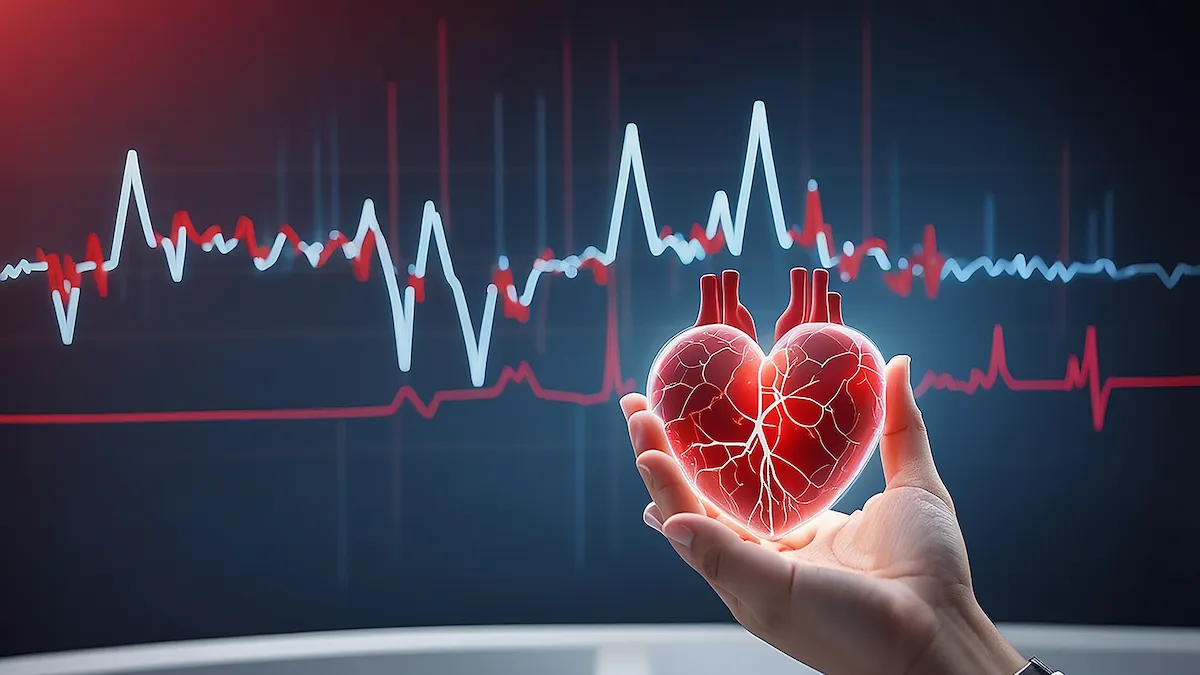Acute Myocardial Infarction Interventions & Cardiogenic Shock Care at Frontier lifeline Hospital
Acute myocardial infarction, also known as a heart attack, is a life-threatening condition that occurs when blood flow to the heart muscle is abruptly cut off, causing tissue damage. Frontier lifeline Hospital and its team of experienced cardiologists are equipped to provide state-of-the-art interventions to save your life in such emergencies. This is usually the result of a blockage in one or more of the coronary arteries. A blockage can develop due to a buildup of plaque, a substance mostly made of fat, cholesterol, and cellular waste products, or due to a sudden blood clot that forms on the blockage.
What are the symptoms of acute myocardial infarction?
While the classic symptoms of a heart attack are chest pain and shortness of breath, the symptoms can be quite varied. The most common symptoms of a heart attack at Frontier lifeline Hospital include:
- Pressure or tightness in the chest
- Pain in the chest, back, jaw, and other areas of the upper body that lasts more than a few minutes or that goes away and comes back
- Shortness of breath
- Sweating
- Nausea
- Vomiting
- Anxiety
- Feeling like you’re going to faint
- A fast heart rate
- Sense of impending doom
It’s important to note that not all people who have heart attacks experience the same symptoms or the same severity of symptoms.
Chest pain is the most commonly reported symptom among both women and men at Frontier lifeline Hospital. However, women are a bit more likely than men to have more of the “atypical” symptoms, such as:
- Shortness of breath
- Jaw pain
- Upper back pain
- Lightheadedness
- Nausea
- Vomiting
In fact, some women who have had a heart attack report that their symptoms felt like the symptoms of the flu.
What causes acute myocardial infarction?
Your heart is the main organ in your cardiovascular system, which also includes different types of blood vessels. Some of the most important vessels are the arteries. They take oxygen-rich blood to your body and all of your organs. The coronary arteries take oxygen-rich blood specifically to your heart muscle. When these arteries become blocked or narrowed due to a buildup of plaque, the blood flow to your heart can decrease significantly or stop completely. This can cause a heart attack.
Who is at risk for acute myocardial infarction?
A major trigger for heart problems can be the fat content of food. People who eat a lot of processed and fried foods, as well as some meat and dairy foods that contain unhealthy saturated and trans-saturated fats, are at a higher risk for heart disease. Obesity can increase this risk. According to one study, replacing 2 percent of calories consumed from carbs with trans fat could double the risk of heart disease.
- In addition to your diet, the following factors can also increase your risk of heart problems
- High blood pressure. This can damage your arteries and accelerate the buildup of plaque.
- High blood sugar levels. Having high levels of blood sugar can damage blood vessels and eventually lead to coronary artery disease.
- Smoking. Smoking may increase your risk for heart attack and lead to other cardiovascular conditions and diseases.
- Age. The risk of having a heart attack increases with age. Men are at a higher risk of a heart attack after age 45, and women are at a higher risk of a heart attack after age 55.
- Sex. Not only do men have a significantly higher risk of having a heart attack than women



